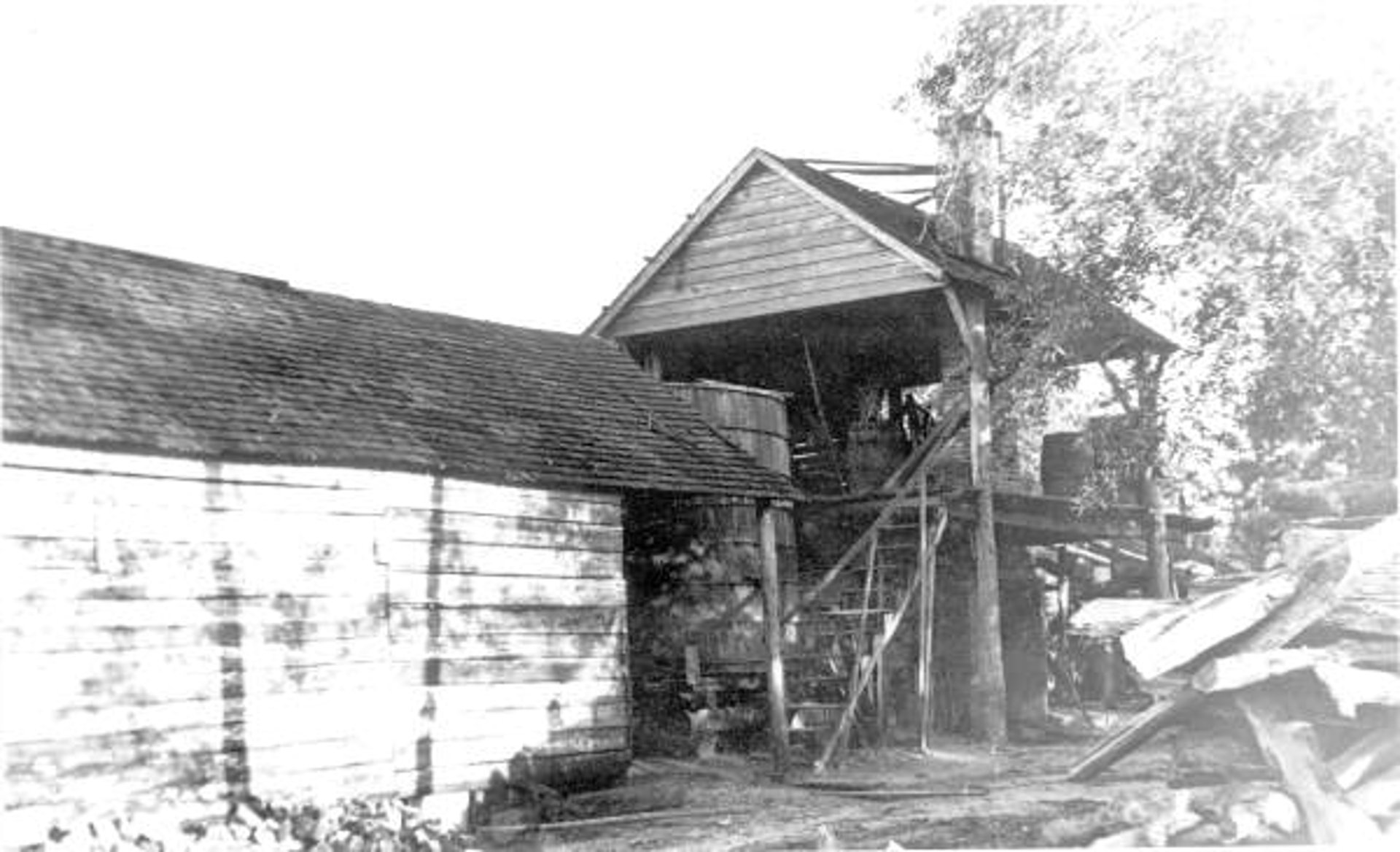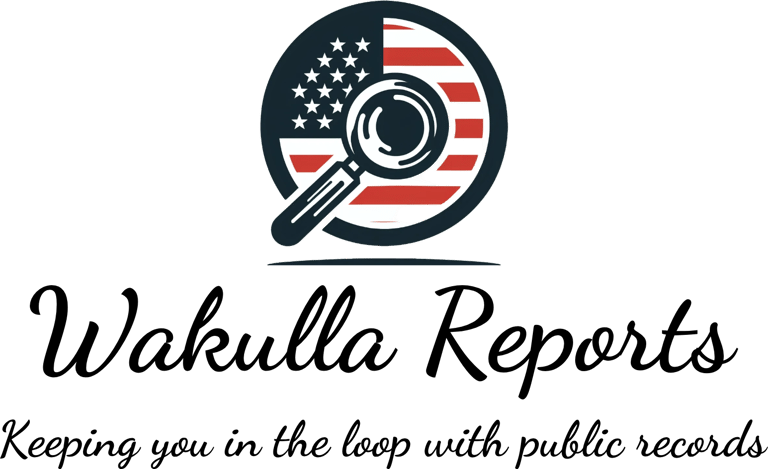BOCC Meeting July 14, 2025 - Item #24 - 🏘️ Plat Happens: Wakulla’s Quiet Recode of Your Neighborhood
In Wakulla, your neighborhood could be redrawn while you're still waiting for your coffee to brew—and you might not know until the surveyor shows up with a measuring wheel and a confident smile.
DEVELOPMENT & INFRASTRUCTUREWAKULLA BOCC MEETINGS
Ida B. Wells
7/13/20252 min read


In Wakulla, your neighborhood could be redrawn while you're still waiting for your coffee to brew—and you might not know until the surveyor shows up with a measuring wheel and a confident smile. ☕📏
With little fanfare, Senate Bill 784 has reshaped how land subdivision decisions happen across Florida—and Wakulla County is marching to compliance. On July 14, the Board will vote to schedule public hearings on an ordinance amending Chapter 7 Article II of the Land Development Code (LDC), officially transferring final plat and replat approvals from the County Commission to administrative staff.
In other words: bye-bye public meetings, hello back-office sign-offs
🧠 What’s Actually Changing
SB 784, signed into law on June 20, 2025, requires counties to approve final plats and replats administratively instead of through a Board vote.
Wakulla’s ordinance amendment (Item 24) updates local code to reflect this mandate.
Multiple sections of Chapter 7 are being revised to remove references to Board and Commission approval.
Public hearings to finalize this shift are scheduled for August 11 (Planning Commission) and August 18 (Board of County Commissioners).
🔍 Why This Matters
Land subdivision isn’t just cartographic busywork—it defines how neighborhoods grow, how property boundaries shift, and what infrastructure gets built. Until now, these approvals played out on a public stage with:
Agendas
Minutes
And sometimes (though rarely)… debate
With the new system:
Final plat decisions happen out of public view.
No required public notice or hearing.
No Commissioner vote.
No opportunity for citizen comment or objections.
⚠️ Transparency, Re-Zonings & Civic Vigilance
If you're asking, "So how will we know when a plat’s being proposed?"—you’re onto something.
Here's the deal:
You won’t know—unless you're watching.
Applications will be submitted directly to staff.
No standard alerts. No newspaper notices.
Once approved, plats are recorded in public records, but by then, it’s too late to weigh in.
To stay informed:
Monitor Planning Department filings like it’s your favorite true crime podcast.
Watch for upcoming rezoning requests, since plats often follow them like the second act of a drama.
Set civic Google alerts if you must—because passive awareness won’t cut it anymore.
As citizens, we now carry more of the burden for maintaining transparency—and that burden’s heavier when the process gets quieter.
😏 Wakulla Reports Takeaway
This isn’t just a procedural update—it’s a shift in how power operates.
Efficiency’s great—but civic engagement isn’t a speed bump. It’s the entire road.
So if this seems like bureaucracy streamlining development approvals... it is. But if it feels like the public’s voice got left off the map, it might be time to redraw more than plats.
Stay sharp, Wakulla. Plat happens—but now you’ll have to catch it before it’s poured, paved, and permanently approved.

Additional Social Links
YouTube is your go-to for short clips, video explainers, and visual breakdowns of how Florida and Wakulla governments really work.
Facebook brings you bite-sized written content, sticky-note facts, and rolling updates you can share and discuss.
Prefer to browse at your own pace?
Bookmark our website and visit anytime for fresh posts, resources, and real-life examples from right here in Wakulla County.
© 2024. All rights reserved.
